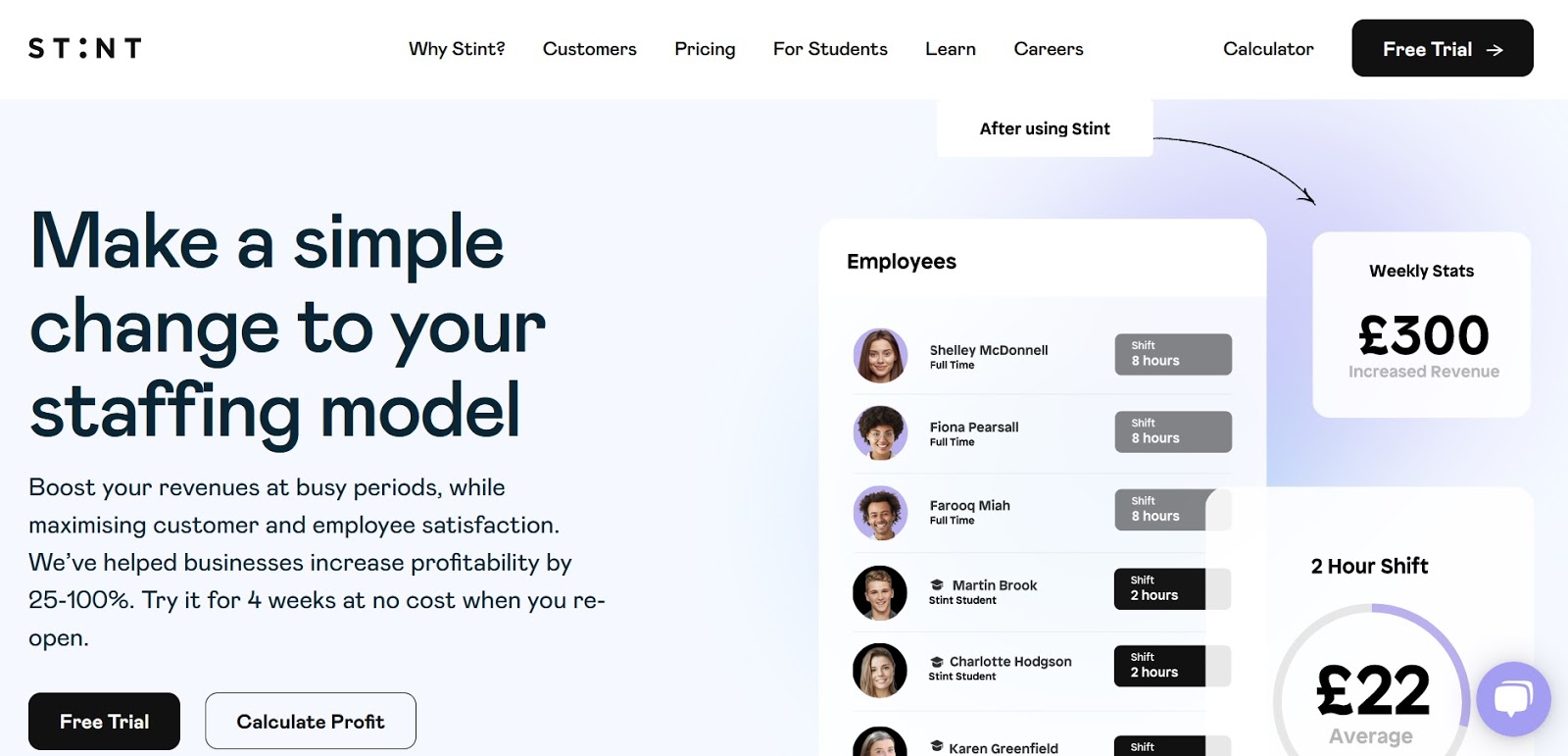Manasa Narayanan discusses a new app which promises to help students find part time work, for a minimum of £8.92 per hour.
The pandemic has been a presence in our lives for more than a year now. That is putting it lightly. In reality, it has significantly altered people’s lived experiences – including the university experience for students. Not only have students missed out on a lot of on-campus activities, the opportunities for them outside of university, in the form of part-time work has also taken a hit.
With the increasing restrictions and subsequent lockdown in the UK towards the end of last year, the hospitality industry entered another drought even before it recovered from the previous one. This also meant that university students, who very much relied on part-time work at cafes, restaurants and shops were either left jobless or earned a lot less.
As the ONS report on ‘Economy, business and jobs’ from November 2020 pointed out, “younger employees, the lowest-paid part-time employees, and those working in accommodation and food services” were among the worst affected in terms of pay. In comparison to other industries which saw a 1.5% drop in paid hours, the food and accommodation sector saw a fall of 12%, “and weekly pay fell by 18.1% compared with 2019”.
Many international students have been affected even more disproportionately – from having paid huge sums of tuition fees (usually double the fees paid by domestic students), to finding themselves doing fully online courses sitting in the UK (as opposed to the widely advertised “hybrid” learning), to not being able to find part-time work to sustain living costs, the picture is bleak. A news segment from Channel 4 News from late January 2021 pointed out how a lot of international students were having to resort to food banks to survive.
Given these circumstances, it would be a real respite for students to find part-time work, now that the hospitality sector is expected to gradually open up. In this context, I spoke to Olivia Ryb, the Leeds Campus Coordinator for the Stint app.

Stint was founded in 2018 by two brothers, Sol and Sam Schlagman. The app aims to provide efficient staffing to employers and help students find flexible shifts. As Olivia put it, the idea behind the app was to provide students with “completely flexible hours, so they can work as much or as little as they want”. Juggling work along with university study can be difficult, so the app lets you take up “stints” whenever one wishes without the tie-up of working fixed hours each week. From the point of view of employers, it allows them to identify times when they would be busy and then accordingly find staff for when they would need more helping hands. Olivia explains that finding stint workers to do more simple, menial tasks that require no training would also help businesses to effectively use their trained staff for specialised work.
The way the app works is that students first sign-up to it and enter information related to the shifts they wish to work. Based on that, available opportunities would be advertised that can be taken up by the student if they wish. The stints are short, usually of 2-3 hours and have an ensured minimum pay of £8.92 per hour. The app also has a rating system wherein students are given ratings by the employers and a higher rating would lead to them getting more stints.
The hitting of the pandemic meant that there were not many opportunities available. But now that businesses are expected to reopen, they are looking to expand and bring on board more students. One of their expansion efforts includes extending their partnership with more businesses in Leeds and working with students in Leeds. Olivia is working towards the latter by hoping to bring more Leeds students on board.
While flexibility provided by the app is the key selling point, the ensured base pay definitely seems like a major plus given students at times are exploited by businesses. One international student I spoke to (who wishes to be unnamed) told me how when he sought a part-time job at a grocery store, was made to work four full days (12-hour shifts) of “training” without pay. He was subsequently offered work for a mere pay of £5 per hour (much lower than the minimum pay at the time, which was £8.20 per hour). When he tried negotiating the pay and hours to try and bring it down from 12 hours, he was sent off saying they would call him later if there was a need.
This does not seem to be an isolated experience. Many students I have come to know in the past few months, who have tried finding part-time jobs have come across such terms. The app therefore, by providing a fixed base pay and flexible short shifts, could possibly help students avoid low paying and exploitative jobs and find better opportunities near them.
Header image: the Stint app, aiming to help students find flexible part-time work. Credit: Manasa Narayanan

